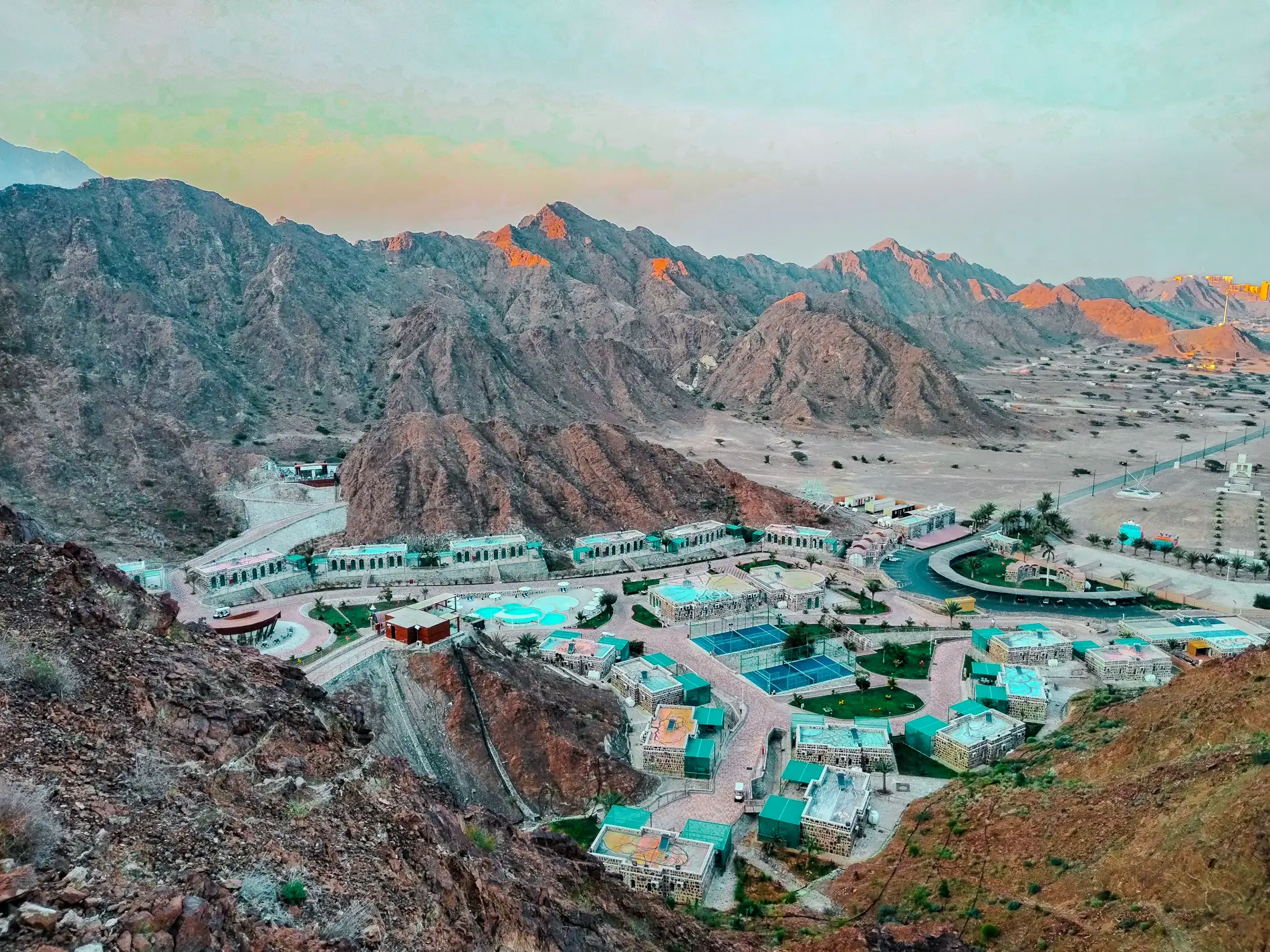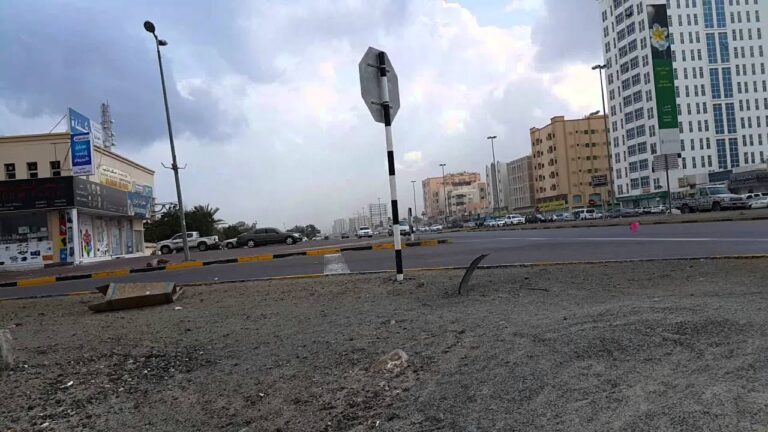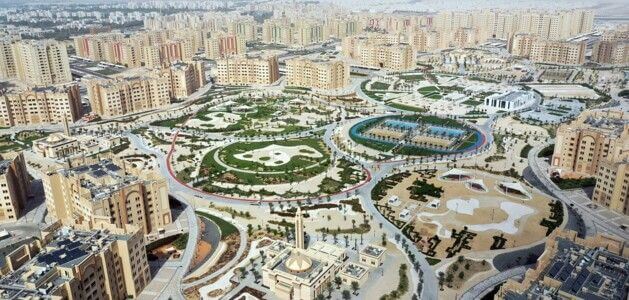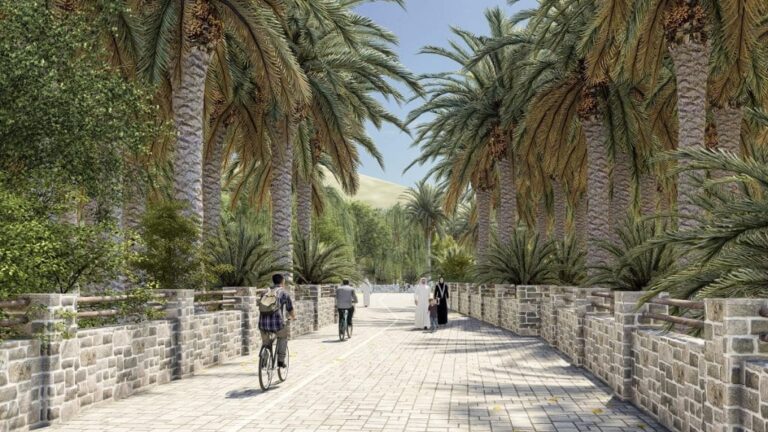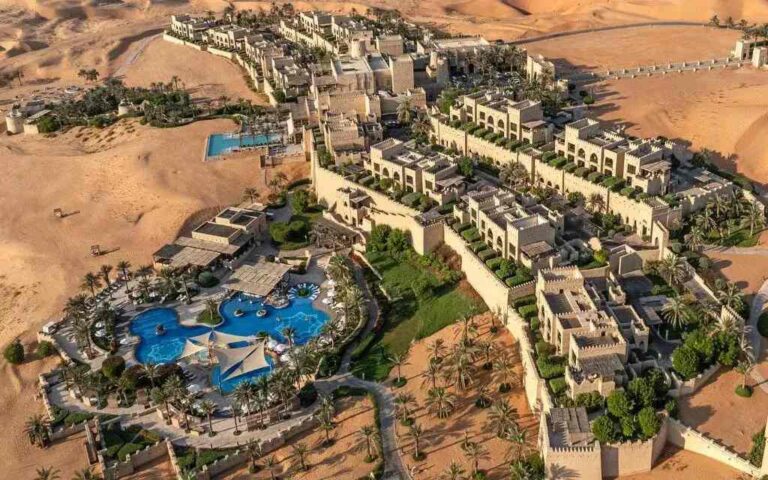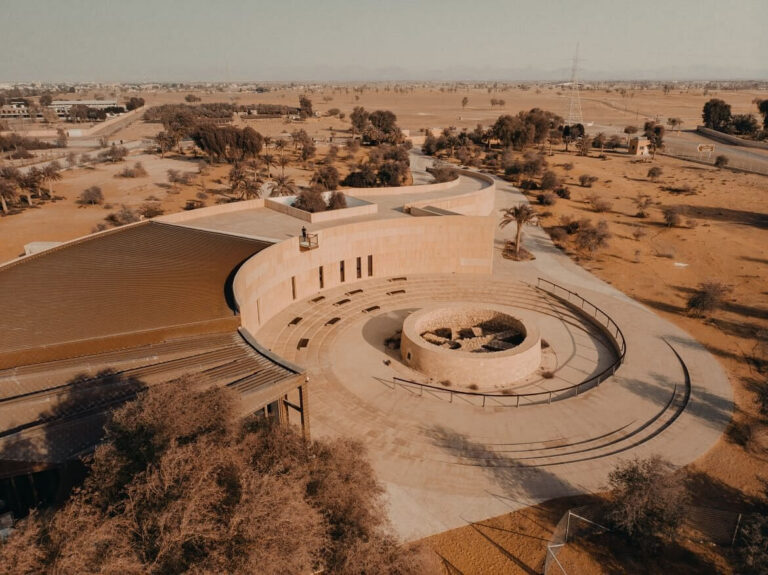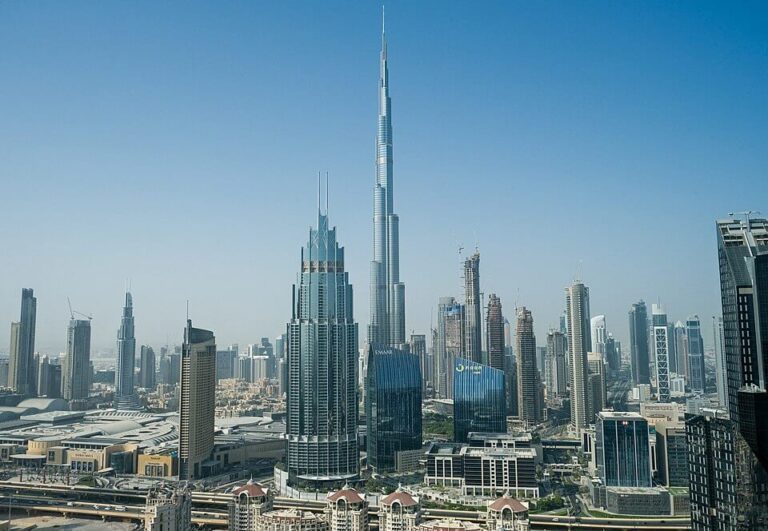Dibba Al-Fujairah: The Soulful Edge of the UAE’s East Coast
Nestled between towering mountains and the crystalline waters of the Gulf of Oman, Dibba Al-Fujairah is more than a coastal town—it’s a historical portal to the UAE’s seafaring roots, tribal legacy, and untamed natural beauty. Part of the greater Dibba region—shared with Sharjah and Oman—this eastern exclave of Fujairah quietly defies the rush of modernity, offering a rare blend of tranquility, authenticity, and raw landscape.
Here, the rhythm of life is dictated not by city clocks but by tides, winds, and heritage.
A Coastal Haven with Depth and Dignity
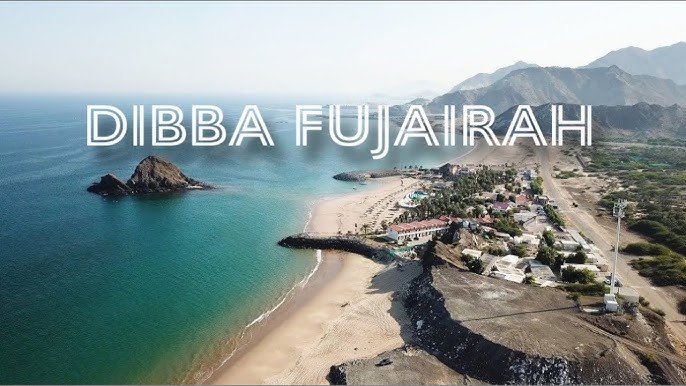
Dibba Al-Fujairah occupies a privileged location—where rugged cliffs meet the sea, forming a mosaic of hidden coves, sandy stretches, and fishing villages that date back centuries. Its deep-sea access, untouched reefs, and coastal serenity make it a natural haven for snorkeling, diving, and fishing.
Beyond tourism, the sea is deeply woven into local life. Fishing dhows, seen gently rocking along the harbors, are not just icons but essential parts of the community’s cultural and economic fabric.
While development in Dibba Al-Fujairah is rising, the area retains its laid-back, small-town character, prioritizing local tradition and environmental harmony.
Between Mountains and Memory
What sets Dibba apart is its juxtaposition: on one side, the Hajar Mountains rise like ancient sentinels; on the other, the Gulf of Oman’s gentle currents roll in. This natural contrast offers opportunities for both hikers and beachgoers, giving the town a rare dual appeal.
Wadis like Wadi Wurayah and Wadi Sidr, found just inland, present dramatic canyons, freshwater pools, and desert flora—a true escape for nature lovers. These mountain trails also connect visitors to ancient archaeological sites, petroglyphs, and tribal footpaths that whisper stories from thousands of years past.
A Deeply Rooted Emirati Heritage
Dibba’s history runs deeper than its picturesque façade. It was once a significant outpost during the Islamic era, even playing a role in early battles that shaped regional power structures.
Today, fortresses, mosques, and watchtowers still dot the terrain. Locals, many from longstanding mountain tribes, take great pride in their oral traditions, crafts, and familial ties. This cultural continuity, often expressed through folk poetry, sword dancing, and storytelling, anchors the community amidst gentle progress.
The town’s daily rhythm still honors Friday prayers, fishing cycles, and seasonal farming, offering an authentic slice of coastal Emirati life.
Sustainable Tourism in a Quiet Paradise
Unlike bustling resort towns, Dibba Al-Fujairah is focused on sustainable tourism. Its limited yet high-quality accommodations are designed to blend with the landscape—think eco-lodges, low-rise beachside resorts, and mountain retreats that highlight, not hide, the natural scenery.
Marine conservation is also prioritized here. Protected diving zones, ethical fishing regulations, and educational tours are gently transforming Dibba into a model of eco-conscious travel in the UAE.
Visitors come not to be entertained, but to reconnect—with nature, history, and simplicity.
Accessibility and Peaceful Living
Dibba Al-Fujairah is accessible by road, roughly two hours from Dubai, depending on border checkpoints with the adjacent Omani territory. The drive is scenic, with coastal views and mountain backdrops guiding you into a slower-paced world.
The town remains tightly-knit and peaceful, attracting families, retirees, and adventurers who prefer authenticity over commercial buzz. Even with its small population, Dibba offers basic services, schools, and community centers—reflecting the UAE’s broader commitment to remote area development.
FAQ: Dibba Al-Fujairah
Is Dibba Al-Fujairah part of Fujairah or Sharjah?
Dibba is a region divided among Fujairah, Sharjah, and Oman. Dibba Al-Fujairah specifically refers to the section governed by the Fujairah emirate.
What makes Dibba Al-Fujairah unique?
Its combination of mountain views, pristine beaches, and cultural heritage makes it unlike any other coastal area in the UAE.
Can tourists visit without special permits?
Yes, but visitors must be aware of border zones, as the Dibba region partially touches Oman. For some areas, UAE residents may need permits.
Is Dibba good for diving and snorkeling?
Absolutely. The reefs near Dibba are rich with marine biodiversity, making it a top destination for water sports and diving.
Is Dibba Al-Fujairah suitable for a family trip?
Yes. It’s peaceful, culturally rich, and ideal for nature-based getaways with children or elders alike.
- Al Bidiyah, Fujairah: A Spiritual Landmark Anchored in Time - July 24, 2025
- Qidfa’, Fujairah: The Oasis Town Rooted in Water and Wisdom - July 24, 2025
- Mirbah, Fujairah: The Coastal Hamlet Where Mountains Meet the Sea - July 24, 2025

